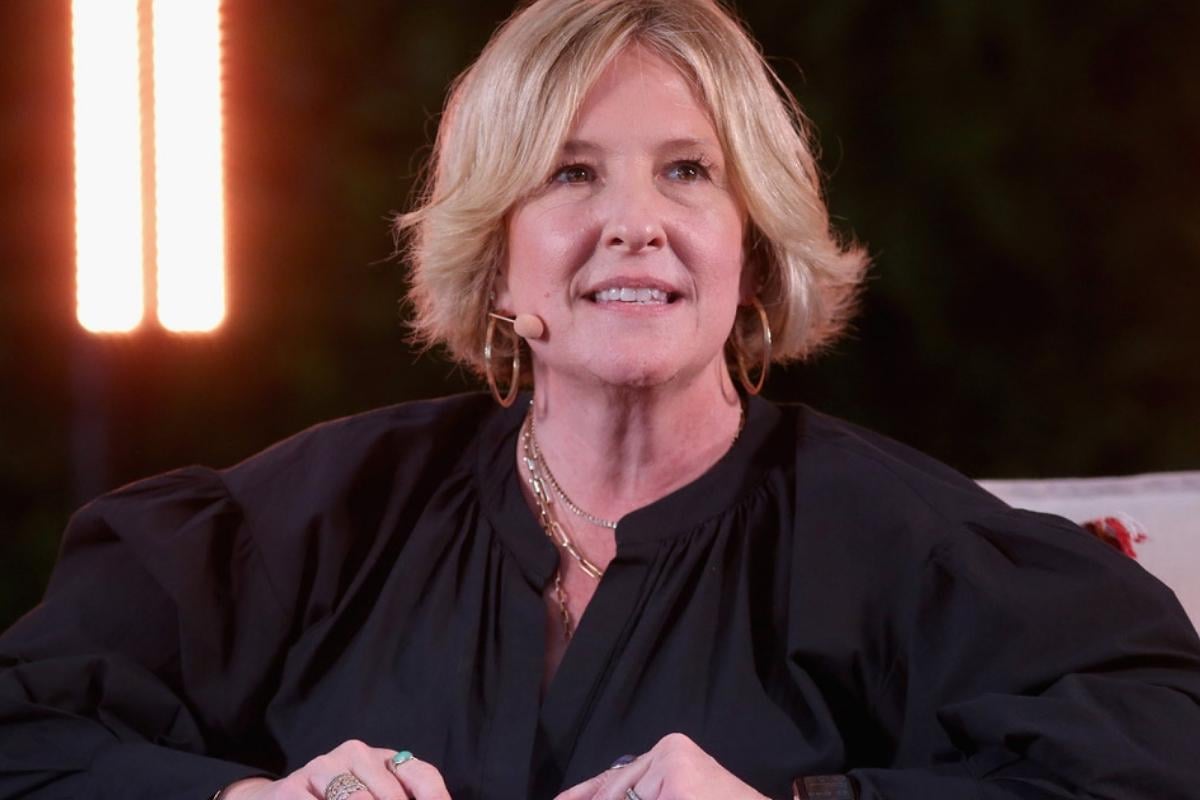American research professor Brené Brown exploded onto the international scene in 2010 when her TED Talk, The Power of Vulnerability, went viral. Today, it’s one of the most popular TED Talks of all time with over 58 million views.
She has since written six number one New York Times bestsellers that expose the truth about the emotional blindspots that hold us back both personally and professionally. Her groundbreaking research on vulnerability, shame, empathy, authenticity and courage has poked colossal holes in the masks of perfection we wear and illuminated our deep need for authentic and meaningful connection.
In her latest book, Atlas of the Heart: Mapping Meaningful Connection and the Language of Human Experience, Brown explores no less than 87 emotions and experiences that shape and define our lives. With most of us only being able to identify three emotions – “happy, sad and pissed off” according to Brown – there’s a vast chasm between what we’re feeling and what we’re able to express within ourselves and to the outside world.
If you’re wondering what any of this has to do with being an effective leader, Brown believes the two are inextricably linked. “We desperately need more leaders who are committed to courageous, wholehearted leadership and who are self-aware enough to lead from their hearts, rather than unevolved leaders who lead from hurt and fear,” she wrote in Dare to Lead: Brave Work. Tough Conversations. Whole Hearts.
 Brené Brown speaks onstage at the ‘Brené Brown: Atlas of the Heart’ event during the 2022 SXSW Conference and Festivals at SXSW Film Theater, 11 March 2022 in Austin, Texas
Brené Brown speaks onstage at the ‘Brené Brown: Atlas of the Heart’ event during the 2022 SXSW Conference and Festivals at SXSW Film Theater, 11 March 2022 in Austin, Texas
According to Brown, language is one of the keys to unlocking our emotional vaults. After all, how can we possibly identify feelings if we don’t have the words for them? Having the language to express a range of emotions is known as “emotional granularity”. Not only can it help us better manage our emotions, it can also lead to deeper and more meaningful connections with ourselves and others.
Let’s take sadness. We know we feel sad when our dog dies or we’re watching a tear-jerker movie, but are we able to pinpoint when we’re feeling grief, anguish, hopelessness or despair? While hopelessness stems from a specific situation such as a bad job or relationship, despair is a feeling of hopelessness that blankets your entire life and can lead to deep depression.
“We live in a culture where people need us to move through our grief for the sake of their own comfort and grief does not have a timeline. It takes as long as it takes.”
Grief occurs when we experience loss – and there aren’t any guidelines as to how long it will last. “We live in a culture where people need us to move through our grief for the sake of their own comfort and grief does not have a timeline,” Brown told the TODAY show. “It takes as long as it takes.”
Anguish is a common response to shocking news, such as a family member’s cancer diagnosis or the loss of our livelihood. “Anguish not only takes away our ability to breathe, feel and think – it comes for our bones,” Brown writes in Atlas of the Heart.
When we’re drowning in the waves of these challenging emotions, building our hope and resilience skills can help us come up for air. Hopefulness can be built by setting realistic goals and working out how to achieve them. Emotional resilience can be increased by considering psychologist Martin Seligman’s three Ps: personalisation (“Is this situation all my fault or do outside factors come into play?”), pervasiveness (“Will this bad situation really affect my entire life or is it isolated?”) and permanence (“Will it really last forever or will it eventually come to pass?”).
Joy is an intense and fleeting feeling that can be as disturbing as it is pleasurable. We’re often left wondering if we could lose it all in the blink of an eye and our joy suddenly dissipates. “If you’re afraid to lean into good news, wonderful moments and joy – if you find yourself waiting for the other shoe to drop – you are not alone,” writes Brown in Atlas of the Heart. “It’s called foreboding joy, and most of us experience it.”
“If you’re afraid to lean into good news, wonderful moments and joy – if you find yourself waiting for the other shoe to drop – you are not alone.”
In her research, Brené found that everyone who demonstrated a deep capacity for joy practised gratitude. “In the midst of joy, there’s often a quiver, a shudder of vulnerability,” writes Brown. “Rather than using that as a warning sign to practise imagining the worst-case scenario, the people who lean into joy use the quiver as a reminder to practise gratitude.”
Atlas of the Heart provides a road map for navigating our emotional landscapes, connecting with our authentic selves and harnessing the power of our emotional intelligence to become better friends, partners, parents and leaders.
When it comes to life and leadership, Brown so eloquently writes, “Vulnerability is not weakness; it’s our greatest measure of courage.”
Docuseries Journey
In the five-part docuseries Brené Brown: Atlas of the Heart, Brown takes the live audience and viewers on a poignant journey through 30 different human emotions. Providing an antidote to the deep sense of disconnectedness most of us feel in a tech-fuelled, post-pandemic world, she helps us connect with our authentic selves and those around us.
Available on HBO Max in the US, Europe, Latin America and the Caribbean. Streaming on Crave in Canada and Binge in Australia.



